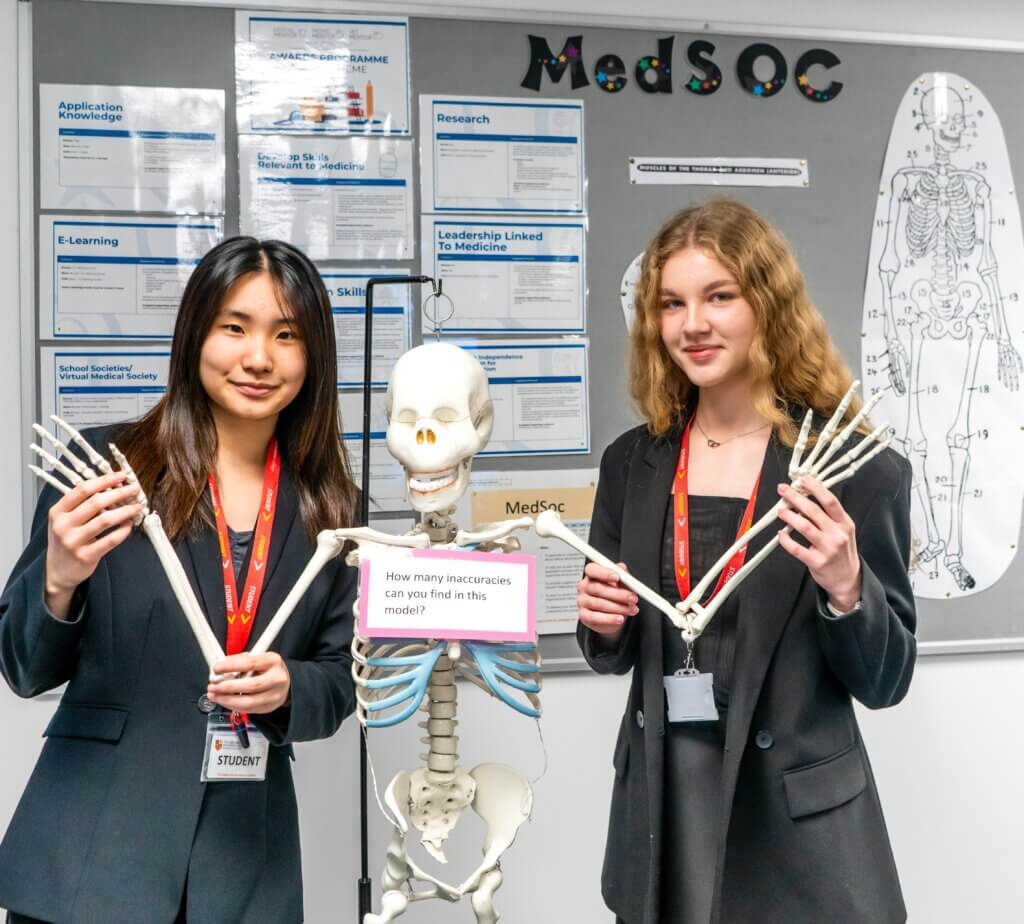What comes to mind when you think of your summer vacation? If you are in grades 8-11 and your goal is to study at one of the competitive universities in the US, then summer is not just about having a good time.
Competitive US universities look beyond your test scores and academic performance when they assess your application. That’s because the majority of students who apply are often in the top five percent of their high school class and are capable of handling academic rigour. Admissions officers look at your extracurricular activities to help distinguish you from other applicants in the pool to assess if you will be a good fit for their campus.
Summer vacations are a great way to use your time productively. If you are a high achiever, planning ahead and capitalising on your summer breaks will not only help you delve deep into your interests but also to grow and mature.
Here are six broad types of summer activities in which you can engage:
1) Structured summer programmes:
There are different kinds of summer programmes globally to suit almost every interest. Attending a summer programme is advantageous if you are interested in learning about and exploring a subject that your high school curriculum might not offer. This can include philosophy or psychology, engineering and even data science. For younger students, summer school may simply be about leaving home for the first time and gaining exposure to different learning styles.
Often, summer programmes are conducted at prestigious university campuses by organisations that rent the university’s space. Identifying a quality and appropriate programme is important. Most of these programmes are NOT affiliated with the university or its faculty. So, by attending any of these programmes you do not gain an edge if you apply to that programmme as an undergraduate student.
Some competitive summer programmes are Yale Young Global Scholars, MIT Launch, MIT Research Science Institute, and Leadership in the Business World at Wharton (University of Pennsylvania). These programmes have a lengthy application process, so you need to start your application early.
2) Internships:
Internships are a great way to discover if you like working in a particular field. An internship at a factory, for example, can improve your understanding of the processes of manufacturing a product, while also knowing how the different departments liaise–valuable learning which can help you articulate your future goals.
As a high school student, it is difficult to find internship opportunities because many organisations are concerned about your age and lack of experience (the chicken and the egg!). In that case, leverage your family and friends network to find meaningful internship positions. While working at an established brand is great, what you do during the internship, your learning and your ability to articulate are equally important. It is just as valuable to work at a start-up that you might be passionate about and where you might have more responsibility. Virtual internships can also add valuable experiences, working with an international firm can broaden your cross-cultural and global perspective. Try and harbor good relations with your mentor as they may be able to help you in professional development and connect you with future career opportunities.
3) Research project:
If you are interested in studying STEM at university should give serious thought to initiating a project that focuses on your long-term goals. One option is to spend time in a laboratory outside your school, working with scientists on a research project. Another option is self-guided research aimed at creating new products or services that help solve a problem.
In the past, many of The Red Pen’s Mentorship Programme students have been successful at combining their interest in STEM with social responsibility to develop products that are purposeful. One student saw a need and developed clay water filters to help the people in the community near Sanjay Gandhi National Park improve water purity at a marginal cost.
Although important for STEM majors, students interested in languages, humanities or social sciences can also benefit from doing research as it showcases intellectual curiosity.
If you are interested in studying computer science, it’s not enough to learn coding languages; your college application will be stronger if you can show how you applied your knowledge, for example, by developing an app or enhancing the value of an existing product.
4) Social work:
Students love having ‘social work’ on their resumes because they think it makes them look more impressive. Admissions Officers are very good at reading between the lines. Only pursue social work if it is your passion and you want to make a real difference. One student who realised the importance of donating blood organised blood donation drives three times a year throughout his time at high school. Additionally, he made efforts to increase awareness in his village and each time, identified new ways to increase the number of donors.
If social work motivates you, then we advise you to build upon what you are already doing. If, for example, you start teaching at an NGO one summer, you might be able to help them develop some content the next summer. In the subsequent summer vacation (or during any other break), perhaps assist with developing a website.
Note: If you are studying the IBDP curriculum, your CAS (Creativity, Activity, Service) requirements do not count as an extracurricular activity as it is part of your curriculum.
5) Academic test preparation:
Not everyone is interested in pursuing sports, music or social work. If you excel in academics and are eager to expand your knowledge further, your summer vacation is a great time to buckle down and study for your standardised tests. Also, use this time to do some extra reading–stay in touch with world events, developments in your community and news especially relevant to your area of interest. You can also find different avenues. At The Red Pen, one of our past applicants was passionate about academics, so they studied for, competed in and won several Olympiads.
6) Credit courses:
If the US is your top choice of destination for undergraduate studies, it might be a good idea to earn college credits early. Several US universities offer credits through college-level courses that can be taken by high school students. Some of these subjects are statistics, microeconomics, psychology and even astronomy. Taking these courses can help you improve your chances of admission, ease into college-level studies and finish your degree on time or even early.
When looking at summer activities, our advice is to spend your time outside of school doing something you are genuinely interested in rather than trying to “tick all the boxes.” Whilst it is important for you to make the most of summer, we do not suggest that you need to plan something for every minute of every holiday; you will burn out before you finish high school. All work and no play makes Jack a dull boy! If you require further guidance in planning your summer, consider our mentorship programme. For more advice, get in touch with us.




